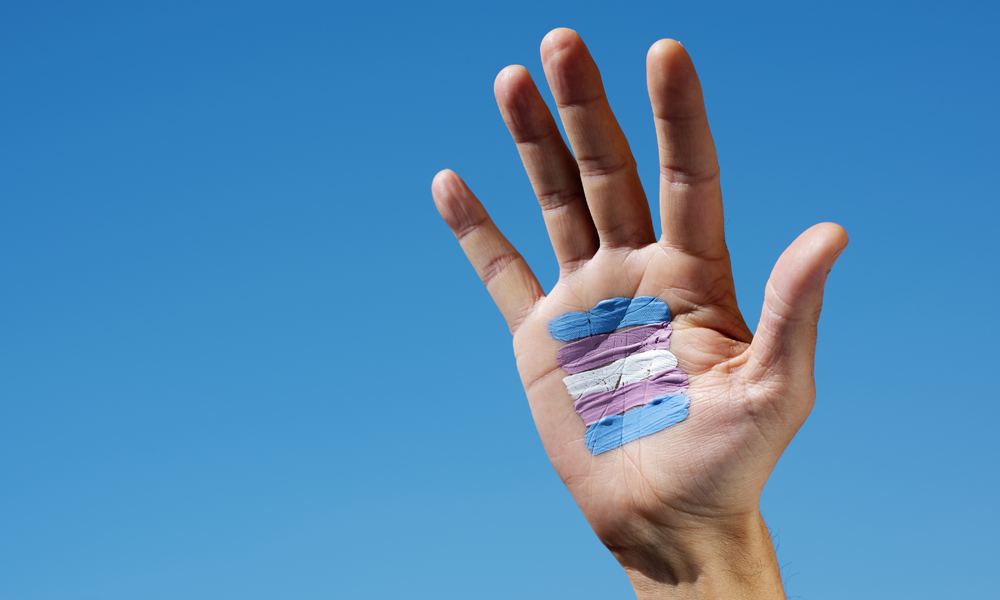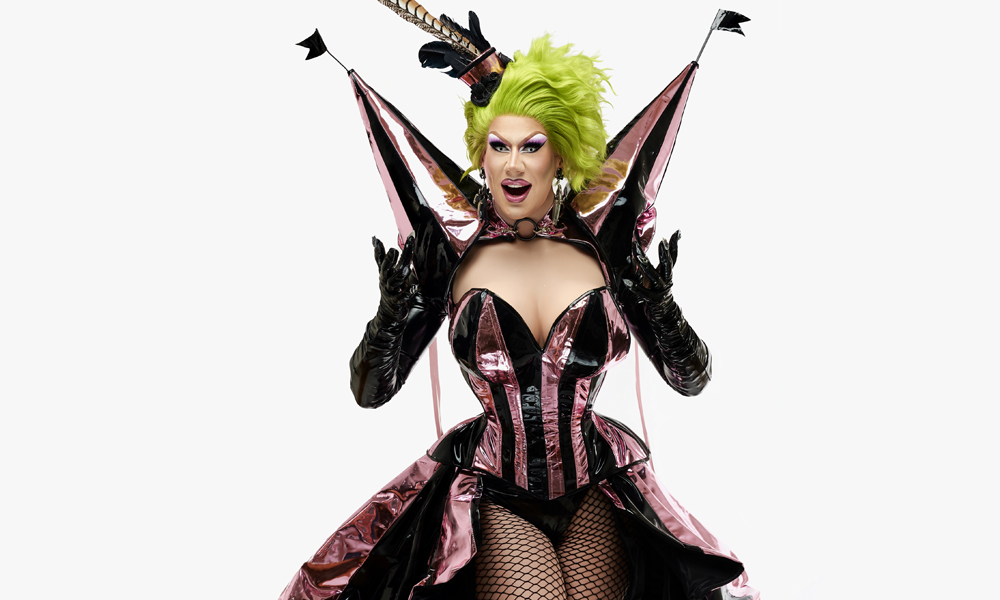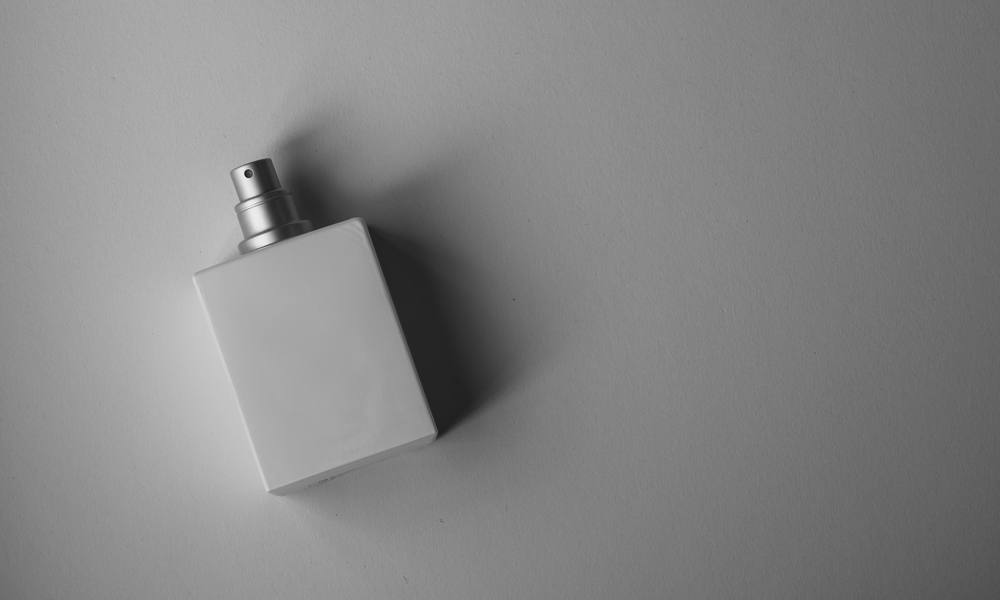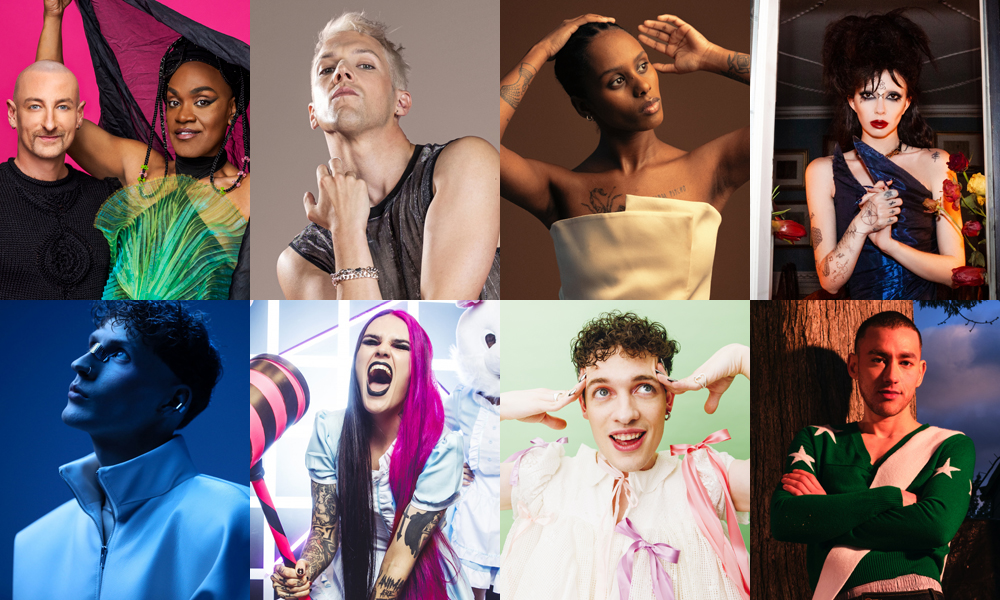The Transgender Day of Remembrance has been observed annually on November 20 as a day to memorialize those who have been murdered as a result of transphobia – but let’s do something to help the living, too…
By Fraser Abe
An epidemic. That’s what the American Medical Association, earlier this year, called the violence experienced by trans people, which also features “amplified physical dangers faced by transgender people of colour.” The Human Rights Campaign (a US-based LGBTQ civil rights organization), in its November 2018 report A National Epidemic: Fatal Anti-Transgender Violence in America in 2018, said that at least 22 transgender people had been killed since the beginning of the year – 82 per cent of whom were women of colour. The report used the term “at least” because the numbers are said to be very likely undercounted. And the year 2019 is no better: at least 18 trans people in the US have been killed so far this year. Egale Canada reports that between Jan. 1, 2008, and Sept. 30, 2018, 2,982 people in 72 countries worldwide have been murdered.
Even in death, the victims are often wronged by media reports or police who misgender the person or refer to their “dead name” (the name assigned to them at birth). And it’s not just right-wing hate-mongers, either: as recently as 2016, the Canadian Press Style Guide said that “Transgender is usually regarded as a general term under which more specific descriptions, such as cross dresser, transvestite, drag queen, shemale and transsexual, fall.” This misgendering and dead-naming can sometimes be because some people (especially mothers and fathers) never accepted a family member’s gender identity, referring to them only by their dead names – which is why it is even more important for reporters to reach out to “chosen family” in these cases.
Laverne Cox is just one example of an actor who had been dead-named by the online film database IMDb. In an emotional Twitter thread, she called it “the ultimate insult.” And she has a pretty high bar for insulting behaviour: in a 2014 interview with Katie Couric, the host continuously asked Cox and model (and Drag Race alum) Carmen Carrera rude and invasive questions about their genitalia. Only in August of this year did IMDb allow users to remove their birth names from public profiles.
Speaking of media companies, in 2017, Facebook was busy deleting the accounts of trans users who used their chosen names, forcing those who protested to undergo a traumatic ID verification.
A 2010 study by Trans Media Watch, called How Transgender People Experience the Media, found that 70 per cent of respondents felt that media portrayals of people like them were either negative or very negative, and 78 per cent felt that these portrayals were either inaccurate or highly inaccurate.
Meanwhile, astudy by Egale Canada in 2011 said that 74 per cent of trans students reported being verbally harassed about their gender expression at school; 37 per cent of trans students also reported being verbally harassed, daily or weekly, about their sexual orientation. A 2018 report by the City of Toronto on homelessness reported that 24 per cent of youth respondents – aged 16 to 24 – identified as LGBTQ2S.
All this is to say that transgender people face a lot of struggles that cisgender people – even those otherwise under the LGB rainbow – can never understand.
What can you do?
November 20, the International Transgender Day of Remembrance, was started in 1999 by Gwendolyn Ann Smith after the murder in the previous year of Rita Hester, a Black trans woman, in Massachusetts. The commemoration began as an online project called Remembering Our Dead, and morphed into a candlelight vigil in San Francisco. In 2017, Ontario passed legislation to officially declare November 20 the Trans Day of Remembrance (although this day is observed in many places, Ontario is one of the few places, if any, to mark it officially).
This year, solemnly mark November 20. If you’re cisgender, here are some things that GLAAD notes allies can do: remember that you can’t tell if someone is trans just by looking at them, so don’t make assumptions (generally a good practice in all areas of life, anyhow); avoid backhanded compliments (“I would never have known you were transgender – you’re so pretty”); and challenge anti-transgender remarks in public and private spaces.
Some suggestions specifically for LGB people: remember that just because you’re a member of the community, that doesn’t mean you are above reproach. You are susceptible to the same transphobia as everyone else, so try to remember that and especially call out anti-transgender comments (even those oh-so-unfunny jokes your friend makes) in LGB spaces. Also remember that gender is not the same as sexuality. Just because a person is trans doesn’t mean anything about their sexual identity: they can be straight or gay or bi or something else altogether, just like you.
To our transgender family – the non-binaries, the femmes, the butches, the genderqueers and everyone else in between – you are seen and loved and appreciated.
—
FRASER ABE is a Toronto-based writer. His work has been published in Toronto Life, The Globe and Mail, Sharp Magazine, NOW Magazine and more. When he’s not busy writing, he’s shrieking Gia Gunn quotes at his boyfriend, Colin.

Remembering The Victims Of Transphobia
Related Articles
Jimbo’s Drag Circus World Tour Is Coming To Your Town!
The Canada’s Drag Race alum and most recent All Stars winner talks to IN about her current tour, which characters she’s most excited to play on stage, and what city she’s most excited to perform in when she brings her tour across Canada
Take Note
Perfume notes that bridge the gender divide
Listen To The 8 LGBTQ+ Acts Competing In Eurovision 2024
From a Drag Race judge to a “rebel witch” to Years & Years former frontman, eight openly queer singers are heading to Malmö, Sweden to compete in the world’s largest music event. Which song will you be cheering for?





POST A COMMENT